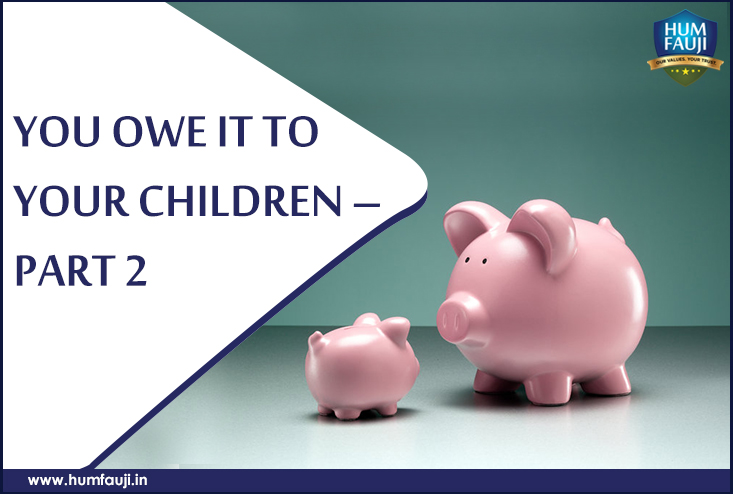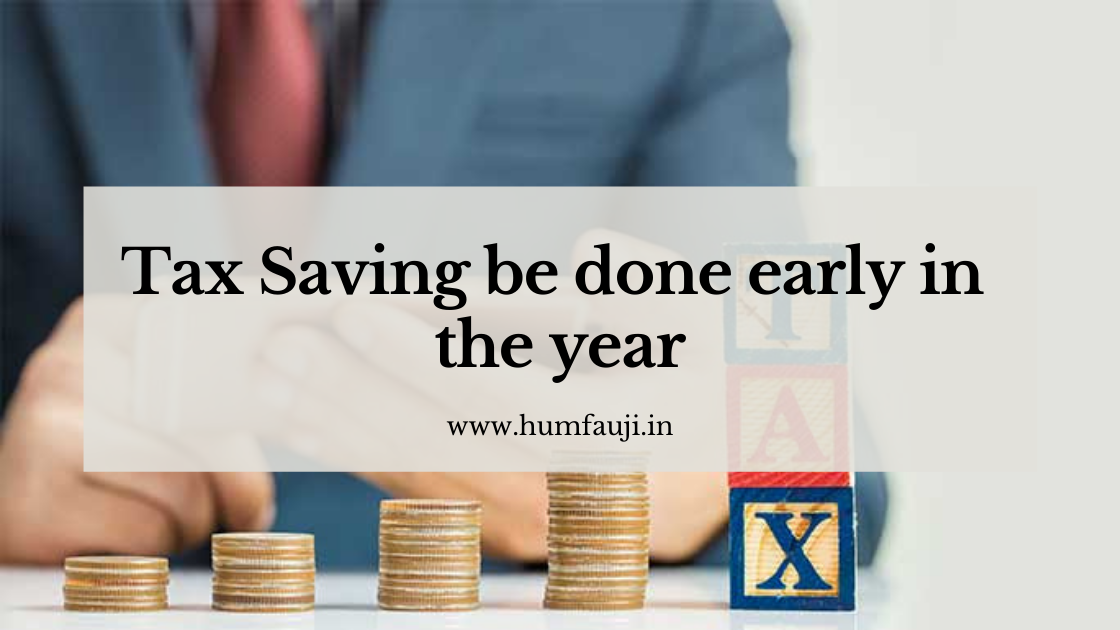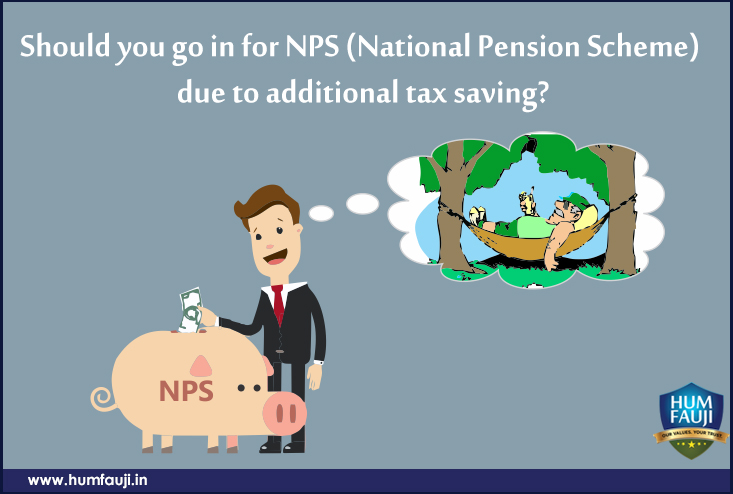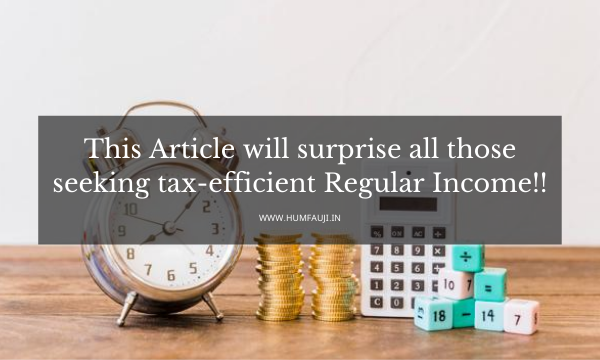Prophesising about doomsday is a serious and regular business. Various prophets of doom have forecast the end of the world many a times. For a list of past and future prophesies you can go to the link:
https://en.wikipedia.org/wiki/List_of_dates_predicted_for_apocalyptic_events.
It does not matter to the prophets of doom or to their followers that all the past prophecies have turned out to be hoaxes. There are still people who predict the end of the world and followers who believe them.
I do not want to say that nothing can destroy life on earth. Maybe there is some asteroid heading our way or maybe nuclear war will wipe us out. All I am saying is that there is no reliable way of predicting if and when this will happen.
Similarly there are economists and stock market predictors who keep on forecasting recessions and bear markets. Unlike doomsday, we actually see recessions and stock price crashes. This does not however mean that the forecasters are any good. It is a fact that if you keep on predicting recessions / bear markets, sooner or later you will turn out to be right. After all even a broken clock shows the correct time twice a day (at least the analogue ones with 12 hour format).
I am a firm follower of Lao Tzu’s quote “Those who have knowledge don’t predict. Those who predict don’t have knowledge.” Despite this there are continuous questions about our views on the macro situation.
So leaving aside the predicting part let us look at what the economic world looks like:
Oil Prices
Oil prices have crashed …. steeply. We do not know where they will go but there seems to be excess supply for now. Please note that the crash is due to supply side factors and not that demand has collapsed. A lot of people predicting recession looking at low oil prices overlook the fact that demand is where it was and is in fact growing.
As an oil importing country, what is not there to like about lower oil prices?
As Francisco Blanch at Bank of America Merrill Lynch has mentioned, “a sustained price plunge will push back $3 trillion a year from oil producers to global consumers, setting the stage for one of the largest transfers of wealth in human history.” (source: Bloomberg)
India alone should be gaining by some estimates, Rs 500,000 crores per year. This will be shared by the government (higher taxes), consumers (lower petrol / diesel prices) and the corporates (lower fuel costs).
FIIs & Sovereign Wealth Funds
It is said that many Sovereign Wealth Funds have been selling their investments. This is logical. Norway, Saudi Arabia, Kuwait etc would have seen their oil income reduce and may be in need for cash. This may be putting pressure in terms of FII sales in Indian equity markets. (I have no direct knowledge of this. It is as reported in the media.)
It does increase temporary supply of shares in the market but does not impact the fundamentals. It is also worth noting that Sovereign Wealth Funds are NOT the only FIIs around. Which brings us to the next point.
Interest Rates & Stock Markets
The world is still awash with cheap money. Despite the US Fed raising overnight interest rates by 25 basis points (0.25%), interest rates on 10 year government bonds are at record lows across the developed world. Switzerland has 10 year bonds giving negative yields, Japan is talking about negative interest rates, Europe is around Zero and even US has quite low rates.
In such a scenario, imagine the plight of an endowment, pension fund, corporate or an individual saver trying to save money for retirement. FIIs also comprise of entities like these and sooner or later they will have to invest money somewhere other than their money market accounts. So it does not seem that all FIIs will be sellers, many of them may in fact look to increase their investments.
Low commodity prices & second order effects
Oil & Other Commodity prices are low and for companies from Exxon Mobil to Cairn to Selan and Arcelor Mittal to Tata Steel, there will be tough times ahead. If your company or business depends on digging a hole in the ground and extracting natural resources, too bad. Grin and bear it. Second order effects will also be there like forex remittances from the middle east will be under pressure and migrant workers will probably see wage cuts / job losses / taxes. Lenders like banks (who have lent money to commodity companies) will have pain for some time since some money will be lost here. Exporters to countries like Russia, Middle East, Nigeria etc. will see sales declines there.
Corporate Profits
Again for companies not digging g a hole in the ground (most significantly companies in India), times are not bad. Input costs have declined. Hence even if sales growth is modest, profit growth is better. (We have seen this in the December 2015 quarter and might see this going forward).
Equity Fundamentals
Finally equity prices are slaves to corporate earnings. There does not seem to be on the whole a big damage there (barring individual commodity / financial companies). Given this fact, equity fundamentals are better than where they were given:
- a) Stock prices are down 15% – 20%,
- b) Earnings for the non-commodity pack will grow
Savers & Investors
What should Savers and Investors do? If you are getting sleepless nights, sell all equity and buy tax free bonds – this is my personal opinion and not financial advice. My view is that no amount of money is worth a sound night’s sleep. If your investment horizon is 1 – 2 years, you should not have been in equities in the first place….. If on the other hand you are saving for your retirement or a long term goal, you should welcome lower stock prices. What matters is not interim stock prices but the stock prices when you actually going to sell your investments in the future. In the interim if stock prices fall, it gives you an opportunity to buy more with same amount of money and is in fact more beneficial to you.
– Mr. Rajeev Thakkar CIO, PPFAS Mutual
Visit our Blog, https://humfauji.in/blog or facebook page http://www.facebook.com/HumFaujiInitiatives or follow us on Twitter https://twitter.com/#!/humfauji to get latest insight on matters financial
For more information, feel free to reach us on, contactus@humfauji.in or call + 011 – 4240 2032, 40545977, 49036836














Leave a Reply